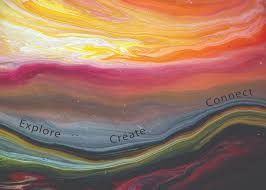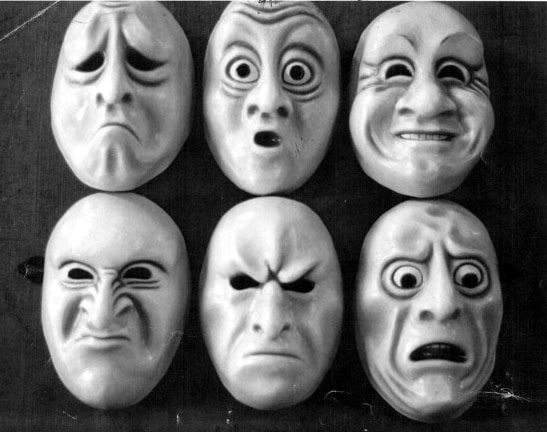SOMArt FLOW
SOMA Body-mind connection
ART Expressive arts
FLOW Flow of consciousness
Dive into the depth of consciousness
as a
Healing journey
towards
Whole-person Transformation
ART Expressive arts
FLOW Flow of consciousness
Dive into the depth of consciousness
as a
Healing journey
towards
Whole-person Transformation
UPDATE 2021 open for new clients
|
Yoga Psychology
|
Expressive Arts Therapy
|
Hypnotherapy
|
|
Yoga, an ancient system, incorporates practices that enhance physical, mental and spiritual wellness. This includes but is not limited to asana (yogic postures), consciousness studies, chakra biopsychology and contemplative practices. These could strengthen and balance the body, mind, and emotions to raise the quality of life as well as the realization of deeper spiritual experiences.
|
A multimodal approach to therapy that incorporates diverse art forms such as painting, poetry, drama, music, dance and movements to explore one’s responses, reactions and insights as a healing process to gain clarity, growth and healing through spontaneous creativity.
|
In the depth of our unconscious exists the movements of our unexpressed longings, suppressed emotions, abandoned memories and unresolved issues that influence our surface cognition and behaviors. In trance work, one uncovers the roots of trauma and wounds to transform them into meaningful, positive and vibrant expressions of life.
|
|
Relationships
|
Trauma Healing
|
Emotional Balancing
|
|
Relationship issues can stem from our family of origin, with wounds and insecurities that repeat themselves unconsciously in our intimate relationships or social circumstances. In therapy, one is able to transform old patterns to resolve arguments and communication issues effectively among couples and family. One also learns new strategies to strengthen self-esteem and overcome social anxiety or phobias.
|
Trauma can be caused by acute incidental stressors, chronic stressors and complex stressors; for example, sexual assault, car accident, birth trauma, natural disaster, domestic violence, bullying, childhood abuse, neglect and more. The symptoms are commonly psychosomatic shown as flashbacks, emotional outbursts, fatigue, panic attack etc. Body-oriented psychotherapy could effectively release traumatic memories in the brain and nervous system for a complete and holistic trauma healing.
|
Prolonged emotional suppression and self-judgements could be the cause of depression, anxiety, nervousness, irritability, mania, compulsions, and hopelessness. In therapy, one learns to contain, release and transform those negative and destructive emotions to protective and productive expressions of self-care and healing.
|
SOMArt FLOW 心流空間 — Psychotherapy, Somatic experiencing, Expressive arts
Chien Liu, Ph.D.
TEL : 0936-679-418
LINE : @533fcaxx
WhatsApp : 0936-679-418
Email : [email protected]
Chien Liu, Ph.D.
TEL : 0936-679-418
LINE : @533fcaxx
WhatsApp : 0936-679-418
Email : [email protected]
Copyright © SOMArt Flow 心流空間 All Rights Reserved.






